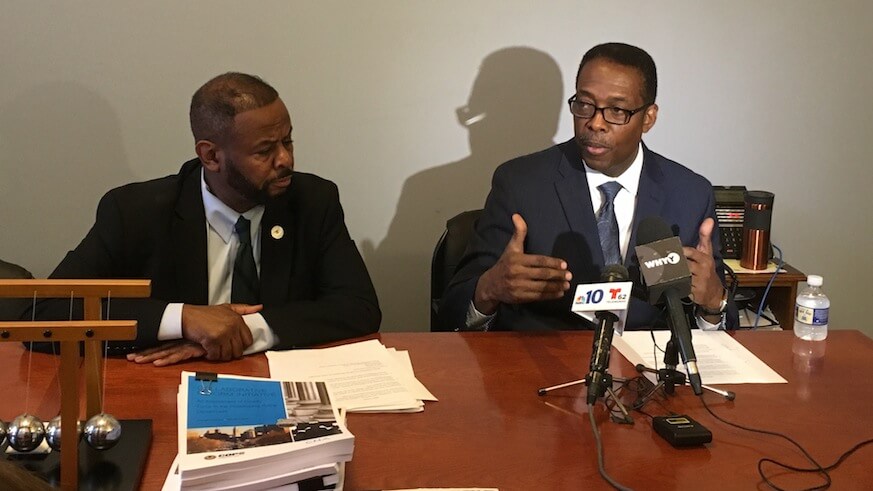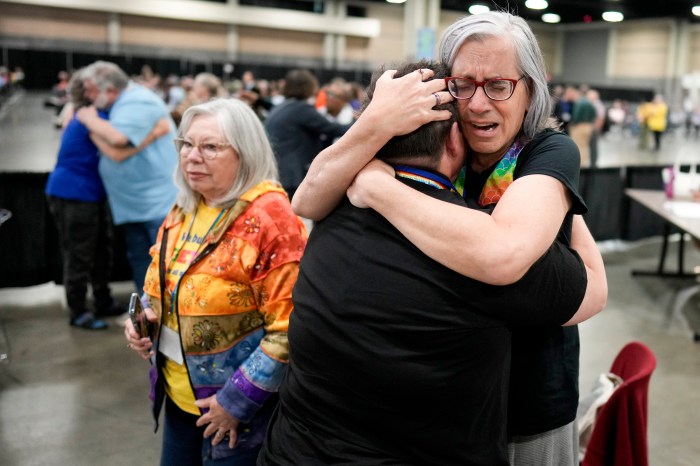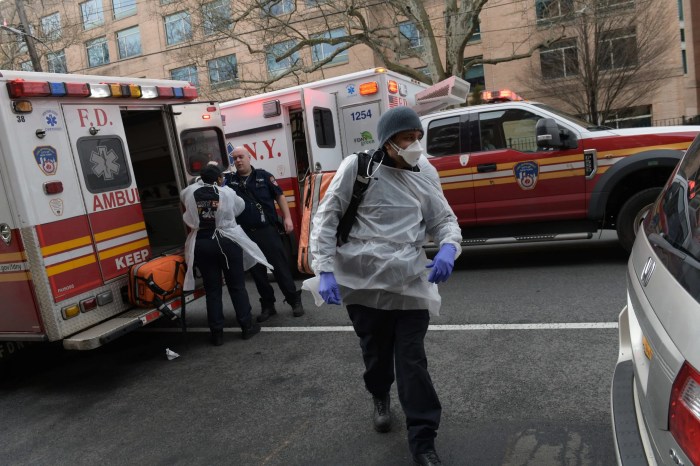City Councilman Curtis Jones Jr. deeply respects Philly cops, but he knows all too well that sometimes mistakes happen. In 2015, his own daughter, who was pregnant, had the door of her Southwest Philly home kicked down by law enforcement looking for a murder suspect who no longer lived there.
While she eventually received an apology from police, Jones is still bothered by the inadequacy of the process for civilians to file complaints.
“She should have been able to, the next day, fill out a form, go down to a particular location, and say, ‘I got my door kicked in, and this was not fair to me and my children,’” he said. “You shouldn’t have to be a councilperson’s daughter to get justice.”
To give the public more confidence in law enforcement, Jones and City Council President Darrell Clarke introduced legislation last week to give the police department’s civilian review board – the Police Advisory Commission – a bulked-up, stable funding stream.
“They have never had enough money to actually perform their duties,” Jones said. “When you have a committee that has two investigators, and the average time for an investigation is over two years, it renders that organization nonfunctional.”
If the legislation passes, Council would ask voters to weigh a proposed charter change in the May primary that would give the commission a stable, minimum level of funding, set by Council – estimated at roughly $500,000. This money can be found in the existing budget, the councilmen asserted, and would stabilize the organization, which was created by executive order and does not have a steady budget from year to year, they said.
Clarke said the idea to strengthen this commission has been growing since the November election of President Donald Trump – and recent events like the acquittal of a St. Louis police officer who killed a black man, which sparked multiple protests in that city, make it even more urgent.
“We’re not remotely close to St. Louis, but we can do better. We can make people feel better about the relationship between police and the community in the city of Philadelphia,” Clarke said. “I believe the existing Police Advisory Commission needs to be changed. … If you’re not going to fund it, you’re not serious.”
Complaints can also be filed through the police department’s Internal Affairs Division, but some don’t consider that process to be transparent and don’t trust the police to police themselves.
The Police Advisory Commission currently has five of 13 positions filled, and new Executive Director Hans Menos starts Oct. 2. The previous director stepped down in February.
“We want to make sure people can trust a process and that if someone feels, ‘I have a complaint,’ someone is going to hear it and arbitrate that complaint and at least give me my day in court,” Jones said.































